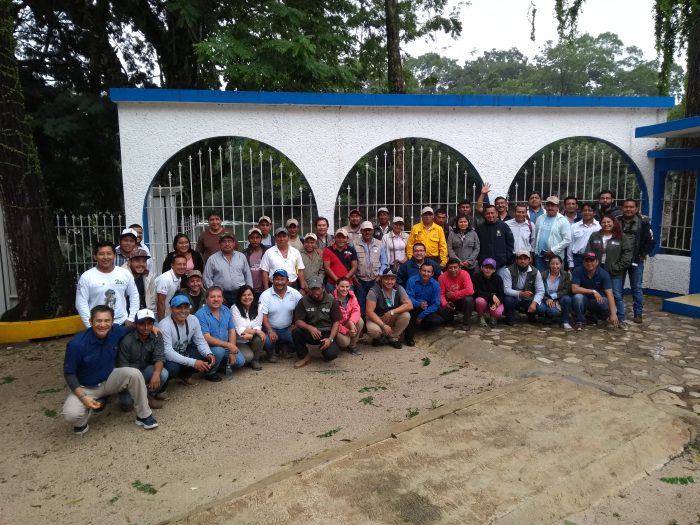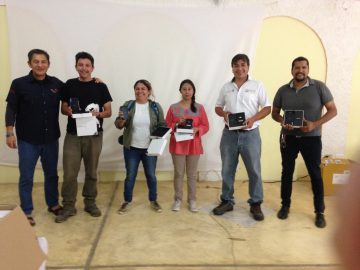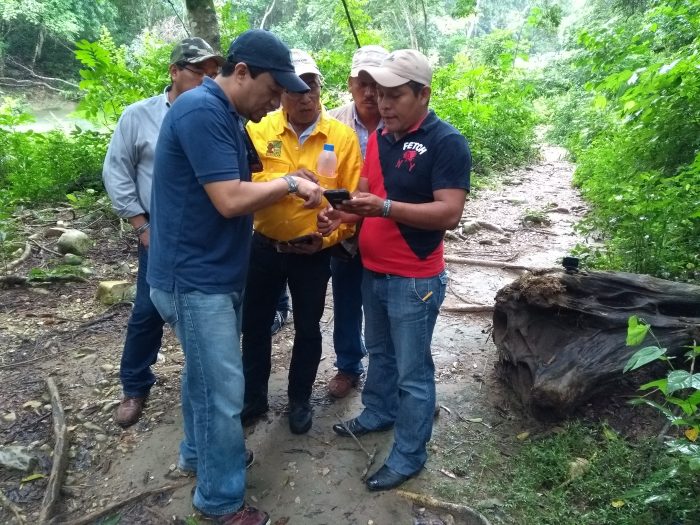Climate change is a reality and problem that must be attacked from multiple fronts. On the other hand, no measure, action or idea that encourages the adaptation and/or mitigation of global warming should be underestimated, whose effects have already been seen in virtually the entire world. One way to deal with the seriousness of this problem is by generating and using real and consistent information about the status of ecosystems, so that appropriate decisions can be made.

In this context, SMART (Spatial Monitoring and Reporting Tool) is a tool that facilitates control and surveillance activities, which are essential to the efficient management of Natural Protected Areas (NPAs).
In the Selva Maya, shared by Belize, Guatemala and Mexico, expert instructors from the Monitoring and Evaluation Center (CEMEC) of the National Council for Protected Areas and Wildlife Conservation Society Guatemala have been strengthening the capacities of brigade members and park rangers through different workshops focusing on the use of SMART. The workshops are supported by the Promotion of Biodiversity and Climate Change Monitoring project, an initiative commissioned by the German Federal Ministry for the Environment, Nature Conservation and Nuclear Safety (BMU) with funds from the International Climate Initiative (IKI).

Among the advances of this initiative include the development of a data structure, training manuals and data catalogs. From this, a data model was proposed that includes the data recommended by the National Commission of Natural Protected Areas (CONANP) and, at the same time, reflects the reality of the threats faced by NPAs.

The most recent workshop took place in Palenque, Mexico, from November 12 to 16. The participants were selected based on their work in monitoring and following up on activities at the institutional level. Field staff from the natural protected areas of the Chiapas Complex participated (PN-Palenque, APFF Agua Azul Waterfalls, Metzabok, Naha, Montes Azules, Lacan-Tun, Chan-Kin, Yaxchilán), as did those from the NPA of the Cañón Usumacinta-Tenosique, Tabasco, and from Balam Ku and Balam Kin of the State of Campeche; staff of cooperating institutions also took part. It is important to note the key participation of personnel from CONANP, the PROMANP-Surveillance Program, and SEMARNATCAM (Balam Ku, Balam Kin).
